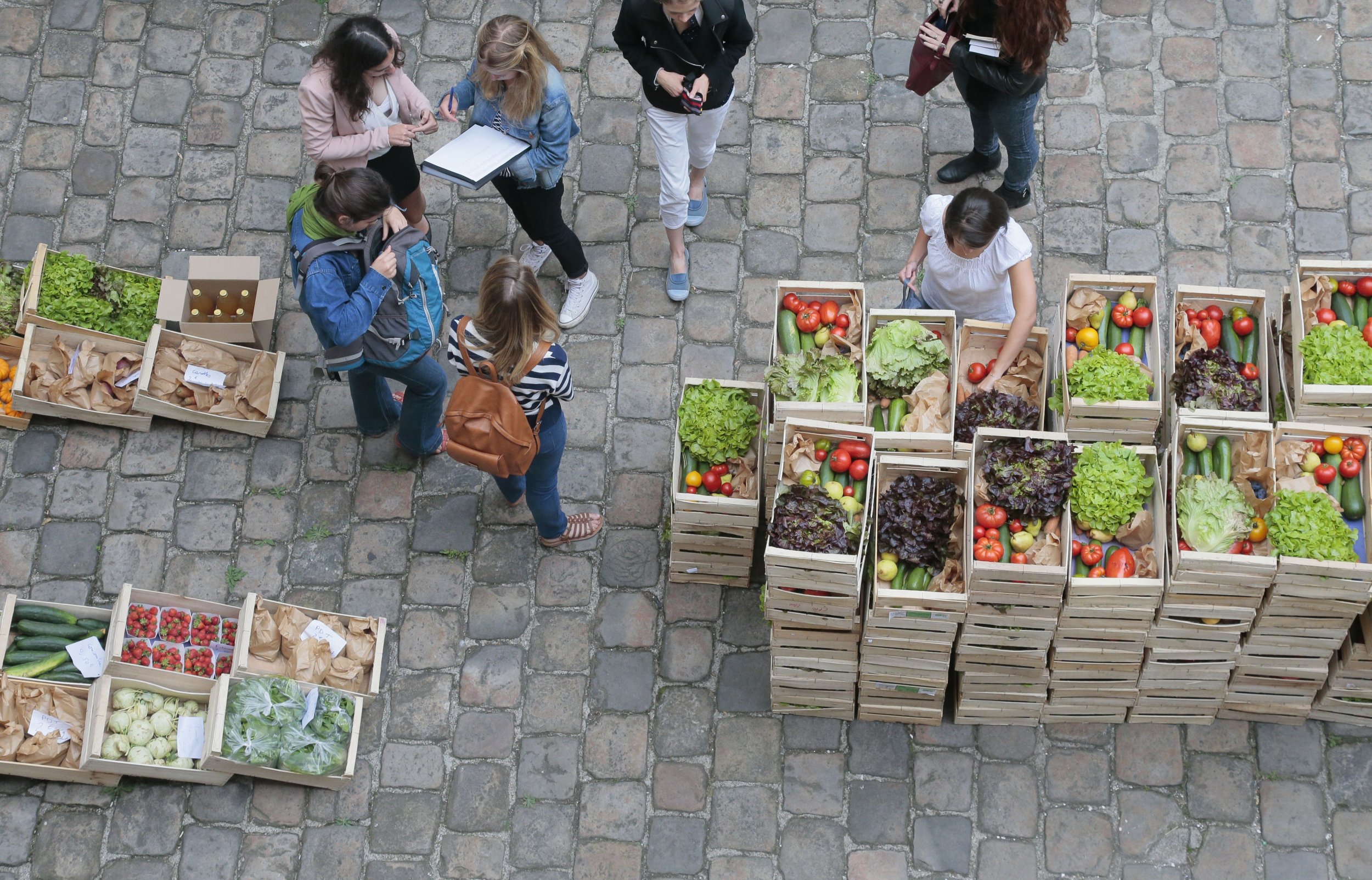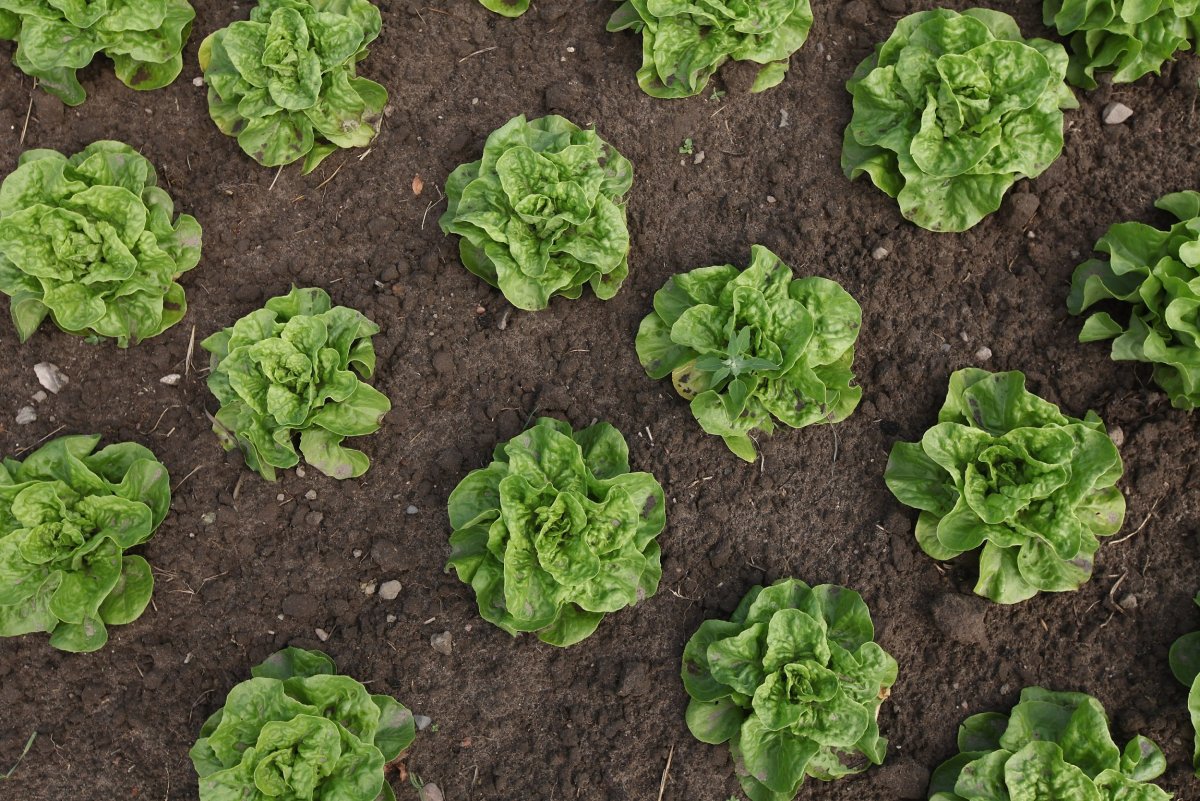
Organic food is trendy and expensive, but would a complete switch to organic food offer a magic solution to sustainable food production?
An analysis published in Nature on Tuesday tried to answer that question, and concluded that a complete switch to organic food is not sustainable—unless humans change a few important aspects of how we eat.
Those include: reducing food waste, reducing animal feed grown on land that could be used for human food, and reducing meat consumption overall. Without major changes in these areas of the food production (and consumption) system, a switch to only organic food would cause major increases in land use, which is often the argument against organic farming.
But what the study proposes—reducing food waste and meat consumption by 50 percent—seems "wildly implausible," reported New Scientist in an article that countered much of the study. Increased land use, as a result of the low yields from organic farming, would contribute to deforestation and mass extinction (which is partially due to habitat loss).
Increased land use is often the argument against organic farming, and indeed, the study noted that a complete switch to organic agriculture would increase land use by about 33 percent. Feeding the exploding population—expected to reach 9.8 billion by 2050—adds to the difficulty. Organic farming advocates will argue that more research can eventually improve the yields of organic farms, the lead author of the study Adrian Müller told Newsweek.
Müller, a senior researcher at the Research Institute of Organic Agriculture in Switzerland, called that the starting point of the old debate. This analysis attempts to push beyond the "yield debate," he said.
Other indicators of the pros and cons of organic farming should be considered as well, including excess nitrogen from fertilizer, greenhouse gas emissions, land use, and pesticide use. How humans' consumption patterns are expected to change is also relevant for these analyses, said Müller.
"We find that it is crucial to not only look at production but also consumption," he said. That also includes the vast amount of food that is wasted—and how that amount changes. "We should not only look at emissions-intensity and yields only as the core indicators, but we should look at the aggregate impacts that our systems have."

New Scientist noted another way organic farming, without increasing land use, might not be plausible. Organic farming typically shuns genetically modified foods, which leaves out potential advances in organic farming from CRISPR—a recent gene editing technology involving DNA-cutting.
Les Firbank, professor of sustainable agriculture at Leeds University, told The Guardian that "models can only be viewed as a guide."
There "are many assumptions that may not turn out to be true and all these scenario exercises are restricted by limited knowledge [and] are fairly simplistic compared to real life, but realistic enough to help formulate policy," Firbank told The Guardian. "The core message," he added "is valuable and timely: we need to consider how we manage the global demand for food."
Uncommon Knowledge
Newsweek is committed to challenging conventional wisdom and finding connections in the search for common ground.
Newsweek is committed to challenging conventional wisdom and finding connections in the search for common ground.
About the writer
Sydney Pereira is a science writer, focusing on the environment and climate. You can reach her at s.pereira@newsweekgroup.com.
To read how Newsweek uses AI as a newsroom tool, Click here.








